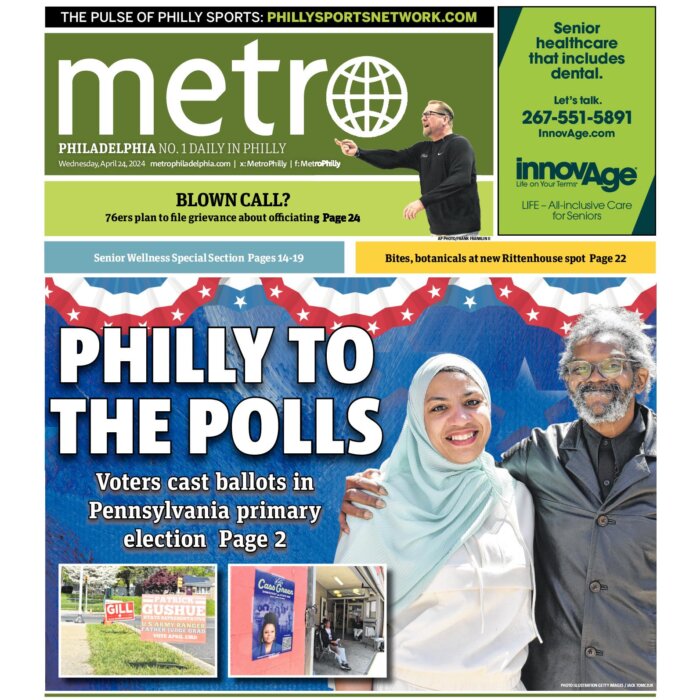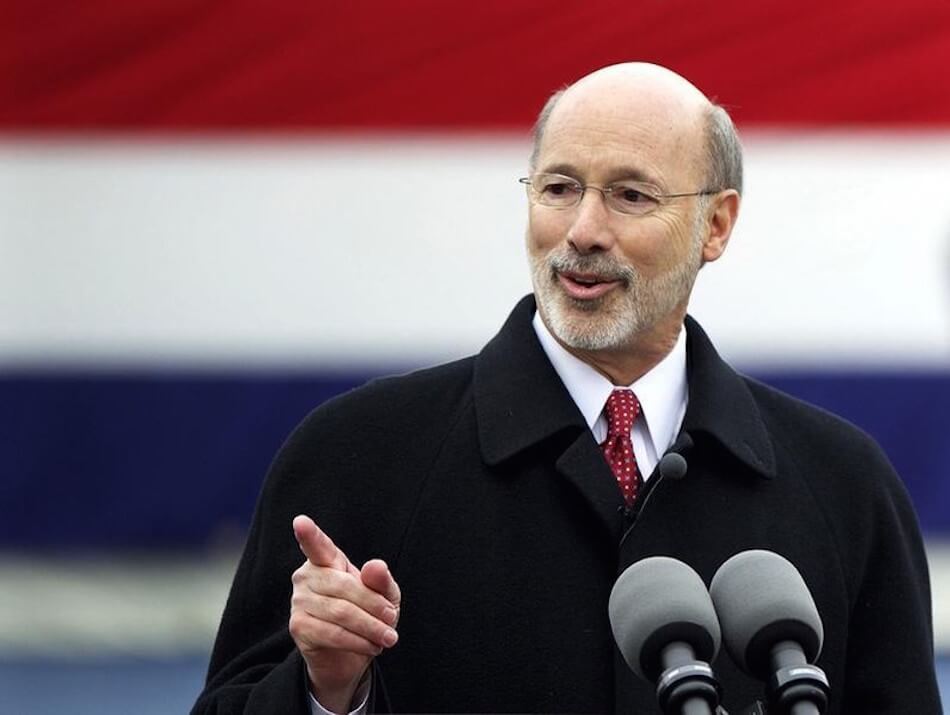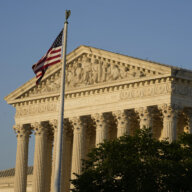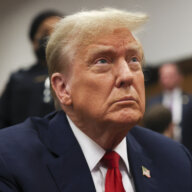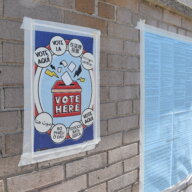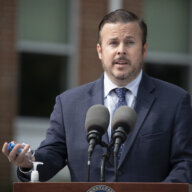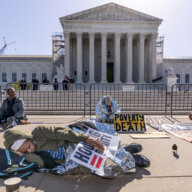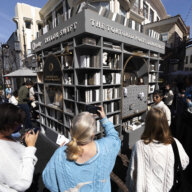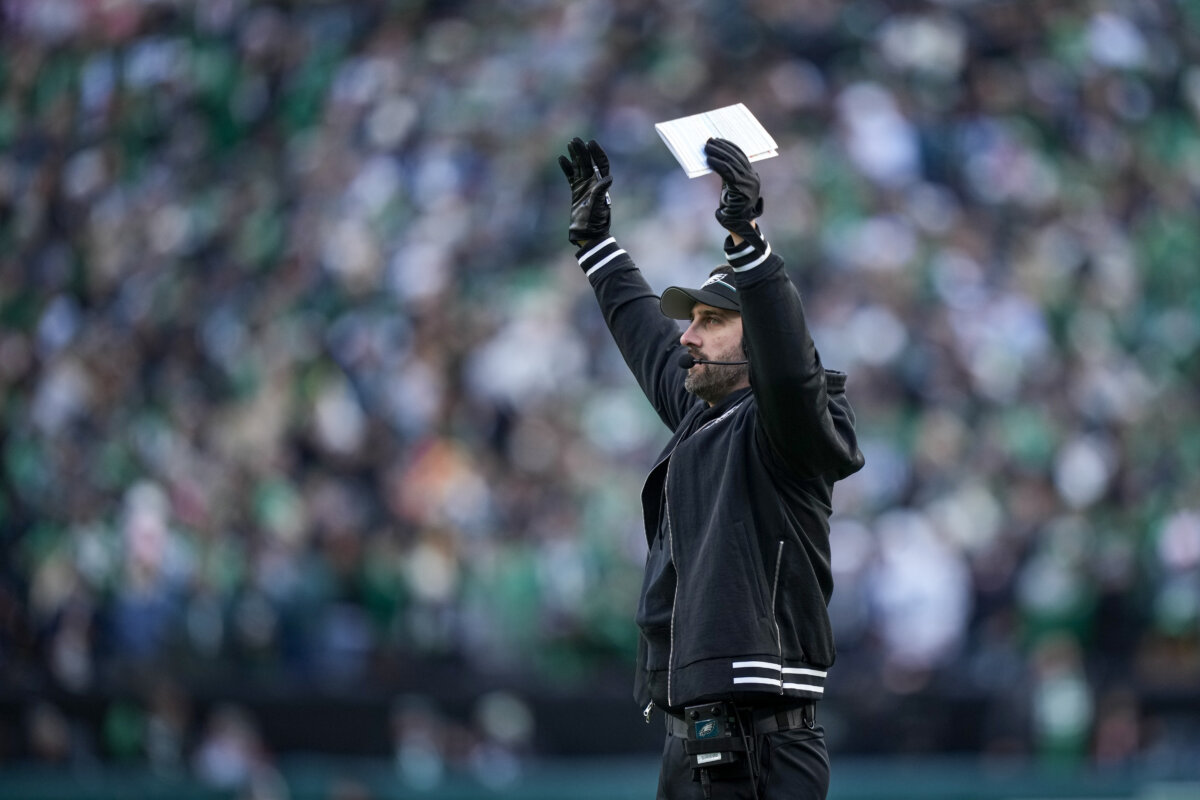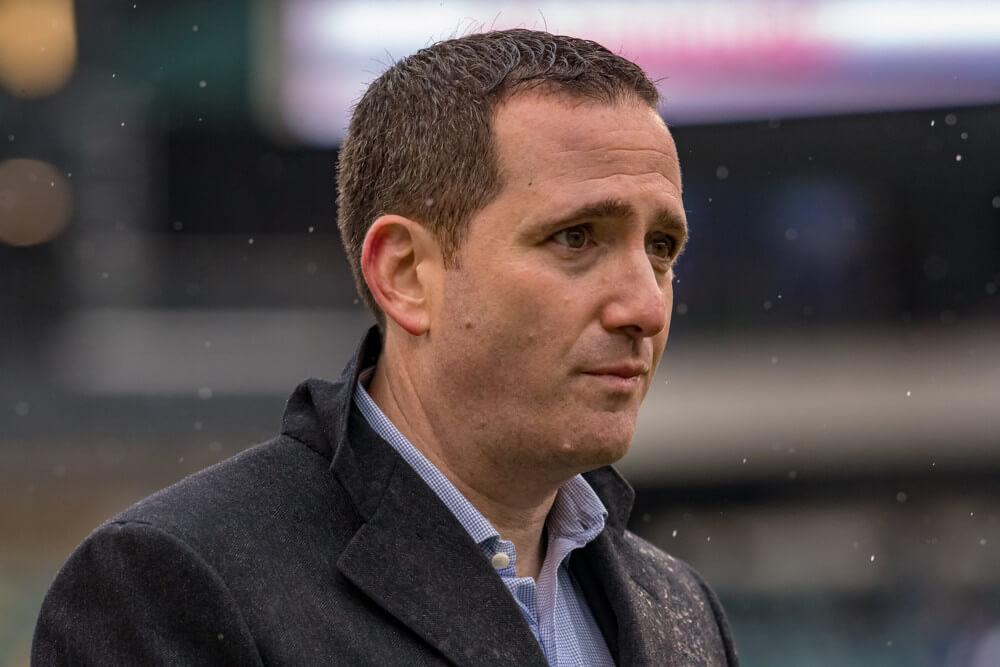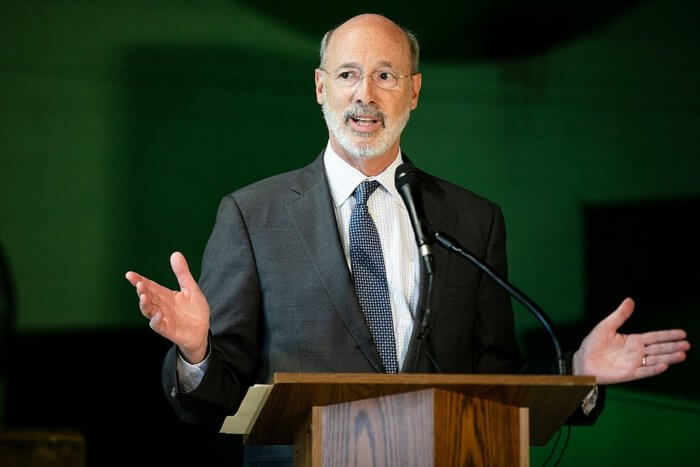Gyms and museums will be allowed to reopen Monday in Philadelphia, and, in most parts of the state, indoor dining and entertainment venues will be able to resume operations.
A package of restrictions imposed by Gov. Tom Wolf’s administration was always scheduled to expire at 8 a.m. Monday, but, prior to an announcement last week, there was speculation that officials could extend them to guard against a holiday-fueled rise in coronavirus cases.
Wolf, while warning that the virus was still “an immense danger” to the healthcare system, said he was encouraged that the state’s percent positive rate — now at about 15% — has been falling and that cases appear to be plateauing.
He said he hopes the protocols, which were imposed Dec. 12 to target the busy Christmas and New Year’s period, will blunt any potential spike.
“The fight against this dangerous disease is not over,” Wolf told reporters during a briefing last week. “This does not mean that we’re out of the woods, not by any means.”
In Philadelphia, the state’s decision paves the way for what officials have called lower-risk settings, which include gyms, outdoor catered events, museums, outdoor athletic leagues and in-person high school classes, to get going again.
Mayor Jim Kenney and Health Commissioner Thomas Farley last month extended prohibitions on indoor dining, casinos, theaters, indoor events and most in-person college classes through Jan. 15.
Casinos, theaters, indoor events, concert halls and bowling alleys will be allowed to reopen, with limitations, in the rest of the state and high school sports and extracurricular activities may also resume this week.
A 10-person cap on indoor events and a 50-person limit on outdoor gatherings will be eased, reverting to a sliding scale previously used by the commonwealth, with a maximum of 500 people inside and 2,500 outside.
More restrictive capacity limits will also be in place in the city, with most business owners required to allow in only five people per 1,000 square feet, about equivalent to 5% of a building’s fire code occupancy.
Counties and municipalities are permitted to impose tighter measures than the state, but local officials have not been able to be more lenient.
The state’s rules call for hair salons, barber shops, gyms, casinos, theaters and museums to operate at 50% capacity, with most other businesses allowed to open at 75%.
Pennsylvania restaurants offering indoor dining can run at half-capacity if they complete an online self-certification process; otherwise, they are required to limit their occupancy to 25%.
Eateries must continue to cut off alcohol sales at 11 p.m., and a customer purchasing beer, wine or liquor has to also order a meal.
The commonwealth’s universal mask mandate, as well as an order that anyone travelling into the state test negative for COVID-19 or agree to quarantine for 10 days, remain in effect.
State officials reported 7,714 new coronavirus cases Friday and 9,253 Saturday, and a combined two-day total of 267 virus-related deaths. Neither the city or the commonwealth send out COVID-19 data on Sundays.
There are 5,529 people with the virus who are hospitalized in Pennsylvania, including 666 in Philadelphia, according to a state dashboard.
Just over 130,000 people in the commonwealth have received their first coronavirus vaccine, in addition to the nearly 25,000 doses that have been administered in Philadelphia.
Last week, about 36,000 doses at the state level were allotted to a federal partnership with CVS and Walgreens to inoculate nursing home residents and staff, Health Secretary Rachel Levine said Wednesday.
She estimated that there are about 1 million healthcare workers in Pennsylvania and 250,000 to 300,000 residents and staff of long-term care facilities — those groups are receiving top priority in phase 1a of the vaccine roll-out.
Getting through those populations is probably going to take “a couple of months,” Levine added.
Wolf, during the Wednesday news conference, said he is “personally disappointed” at the speed of vaccine distribution. The federal inoculation campaign has come under increasing scrutiny recently, including from President-Elect Joe Biden.
“Maybe my expectations were too high that the vaccine would have been rolled out faster and in a much more efficient manner than it has been,” Wolf said.
“Now, I understand there’s a hand-off between the outgoing presidential administration and the incoming one, but my hope is that we can get these vaccines out and that we don’t have, what I hear we have, vaccines sticking around warehouses,” he added.
Wolf said the state currently is not “directly involved” in the logistics of vaccine distribution.
